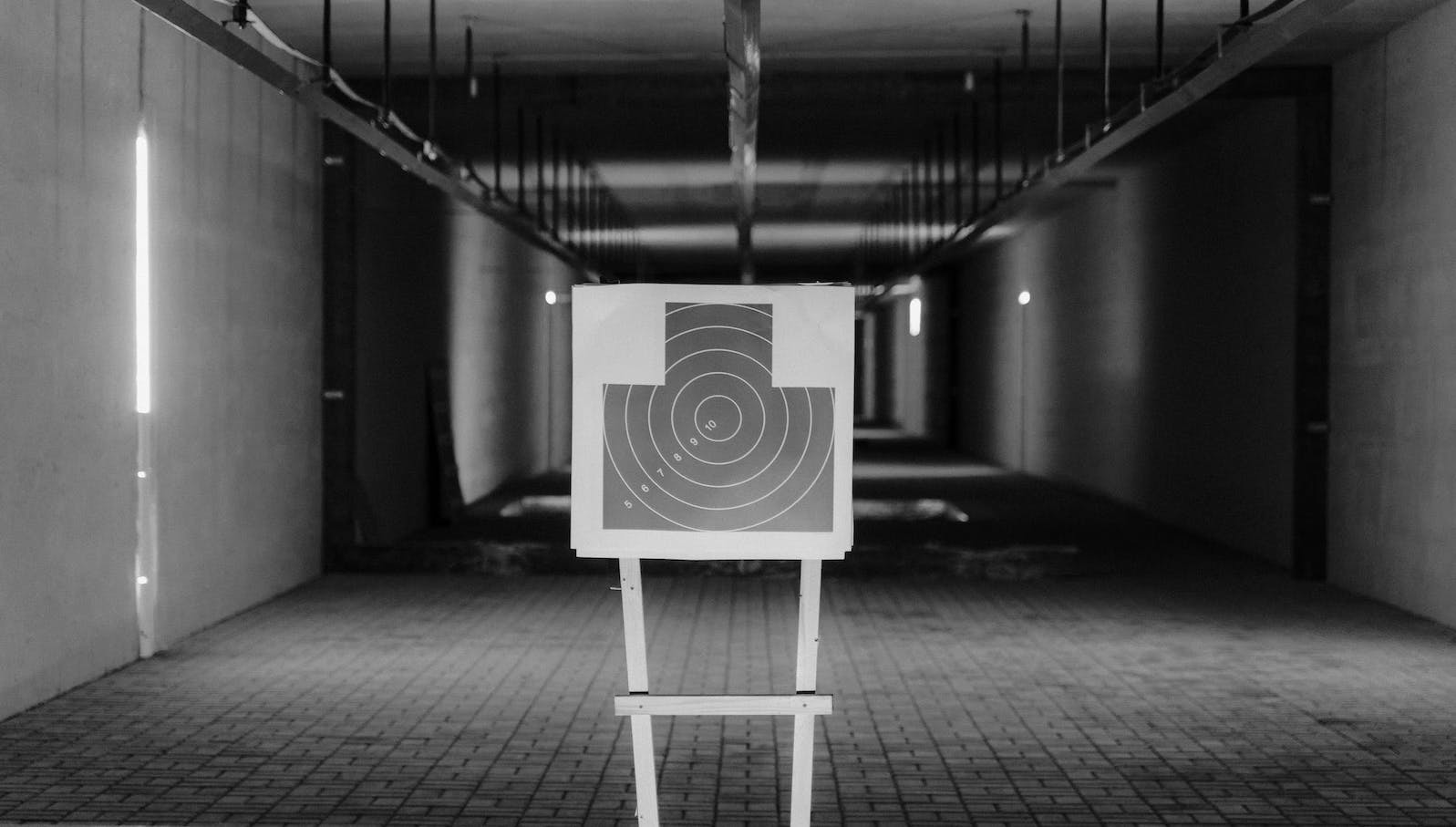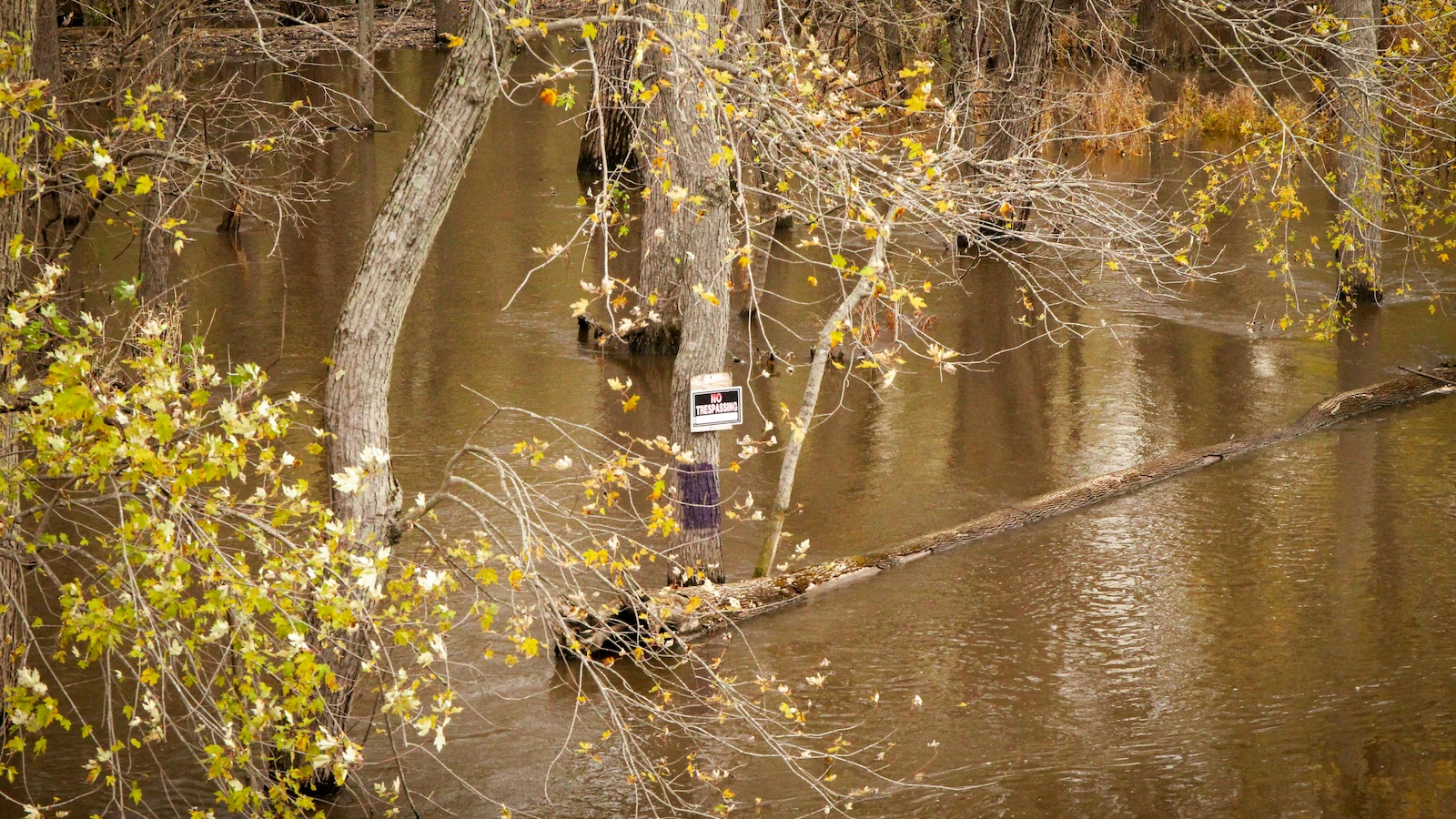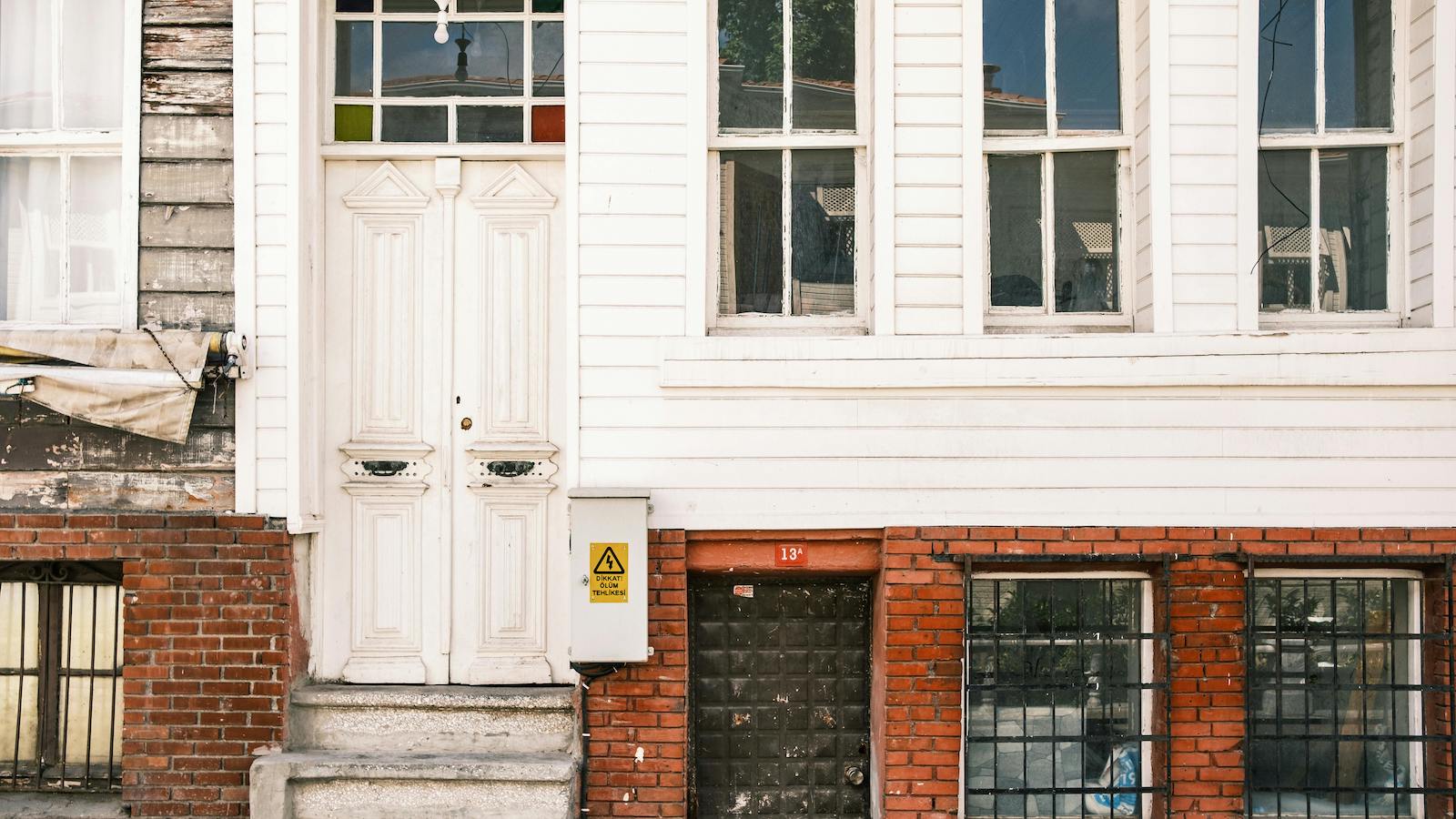KEY TAKEAWAYS:
--San Jose, California, will be a test case. It began requiring liability insurance for gun owners on Jan. 1, 2023.
--It remains to be seen whether gun ownership liability will become the next frontier for insurance companies — though if it does, it could become a big business.
----------
Regardless of where one stands on gun control, it’s no secret that gun violence is a prominent issue in the U.S. — one many agree is worth making policy changes to solve. In fact, some 95% of Americans support some form of restriction on firearm access, according to an April 2023 ValuePenguin survey.
But there could be another way to minimize the threat of gun violence — one that’s compatible with the right to bear arms.
According to that same survey, 75% of Americans believe that liability insurance should be required for gun owners. If such a policy were to be widely enacted, future firearm regulation could end up, at least in part, in the hands of insurance companies.
In fact, this policy is already being tested in one American city.
San Jose passes first U.S. law mandating gun liability insurance
Last year, San Jose, California became the first American city to mandate liability insurance for gun owners. The Gun Harm Reduction Act, which also requires owners of firearms to pay an annual gun harm reduction fee, went into effect on Jan. 1, 2023.
Along with providing coverage for losses, medical costs and deaths due to an accidental use of a firearm — such as a child accessing a gun and unintentionally shooting someone — the liability insurance requirement could encourage gun owners to be more thoughtful about the security of their guns' handling and storage.
Insurance companies often reward safe behavior. For instance, a homeowner might get a discount for installing smoke and carbon monoxide detectors or buying homes closer to fire stations. Car insurance companies also use a driver’s history of accidents and traffic violations, including personal safety measures like seat belt laws, when calculating rates.
In a similar way, gun owners might be given incentives to take a gun safety class or ensure their firearm is kept in a safe. After all, if the gun is lost or stolen, the owner would still be held liable for any damage it caused until they reported the weapon missing.
Gun owners in San Jose who fail to comply with the act will not lose their guns or even be faced with criminal charges. They may, however, face steep fines for their choice to forgo insurance: the penalty starts at $250 for your first violation. If you receive a second violation within a year, the fee jumps to $500. After that, you’ll pay $1,000 every time you receive a violation within a year from your first offense.
See also: Keys to Limiting Litigation Liability
Could liability insurance prevent gun violence?
The measure is part of a broader movement toward stricter gun control laws in majority-Democrat cities. But detractors say the act may not deter the most common and disturbing type of shooting events in America: intentional ones.
Liability insurance only covers accidental damages. And in the vast majority of firearm-related injuries and deaths, the shooter was acting with intent, even if that intent was self-defense.
According to the Educational Fund to Stop Gun Violence, unintentional shootings (the kind liability insurance would apply to) account for less than 2% of all gun deaths. Of course, those deaths are still tragic, especially when accidentally inflicted by unwitting children who gain access to firearms stored unsafely. (Everytown Research keeps an index of unintentional shootings by children; at the time of this writing, there have been 114 of them in 2023 thus far.)
Additionally, many gun owners already have liability insurance coverage for accidental firearms-related damages through their homeowners insurance policy.
Time will tell whether the measure will have an effect on the overall rate of gun violence in San Jose and, thus, whether such a policy stands to help ameliorate the problem in other parts of the country.
Insurance or no, most Americans support gun restrictions
Liability insurance mandates are only one tool in the effort to minimize gun violence, but most Americans agree that some sort of restriction is called for.
Of those surveyed, most support gun restrictions based on documented mental health issues (73%) and criminal history (70%).
Most respondents also supported limitations based on age, proof of gun safety training and proof of safe storage, along with proof of gun ownership liability insurance. Some 41% also supported requiring gun ownership permits, while only 5% of Americans think there should be no restrictions on gun ownership whatsoever.
It remains to be seen whether gun ownership liability will become the next frontier for insurance companies — though if it does, it could become a big business. Almost half of respondents say such insurance should be purchased on a per-gun basis. Although the average gun owner might have just one or two firearms, there’s a not-insignificant class of “super-owners” who own more than a dozen. That’s a whole lot of opportunity for insurers — and, we can hope, a whole lot less needless violence.








